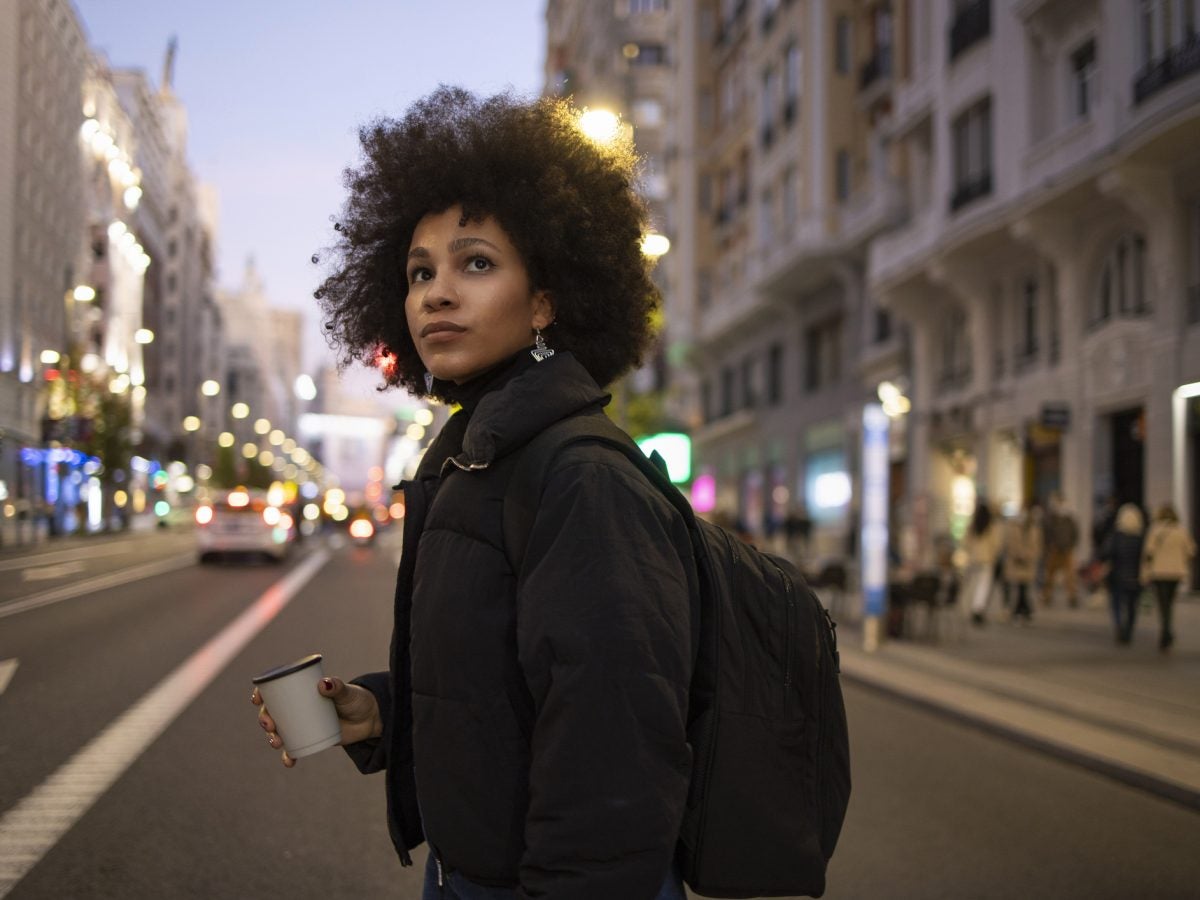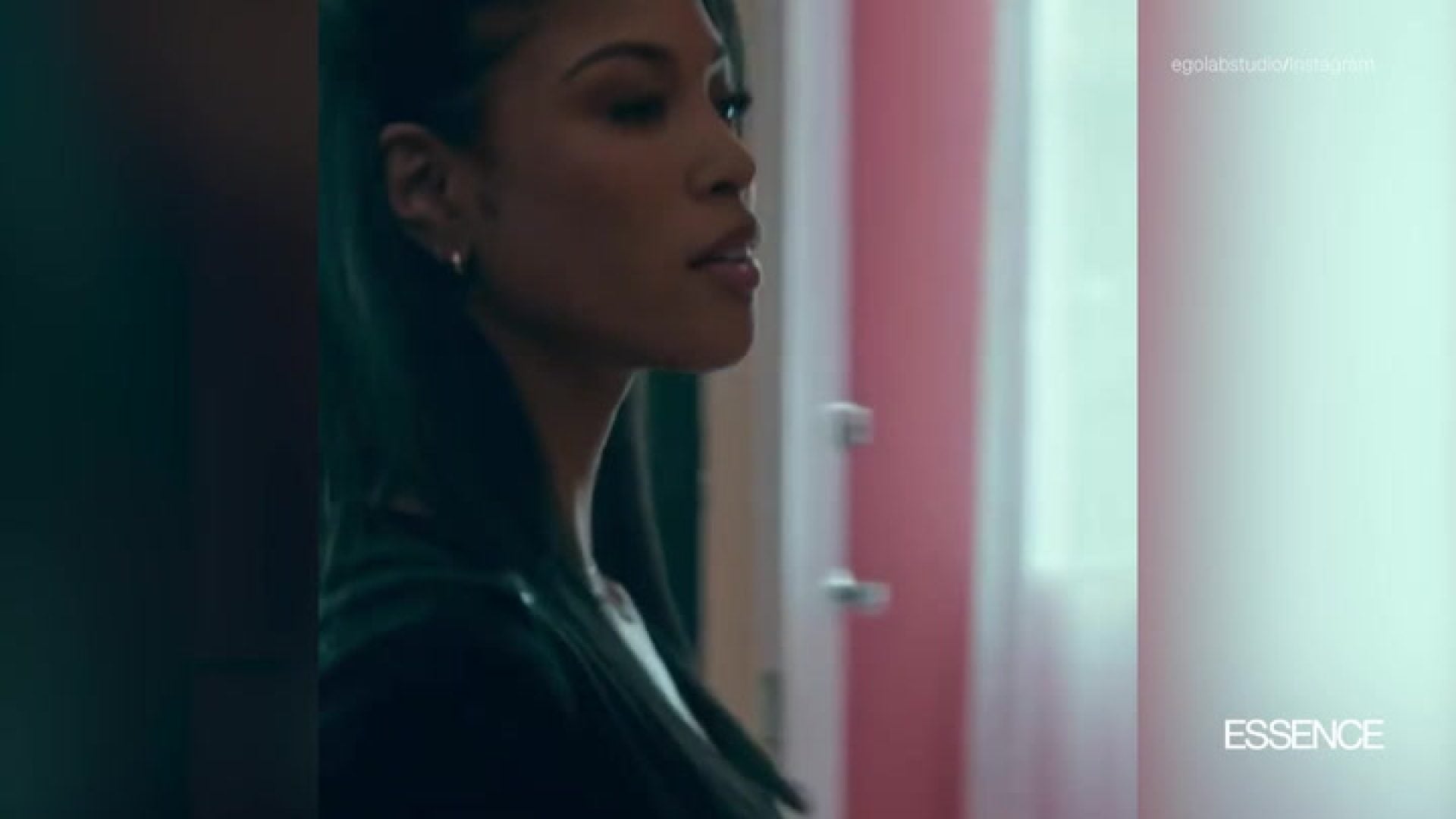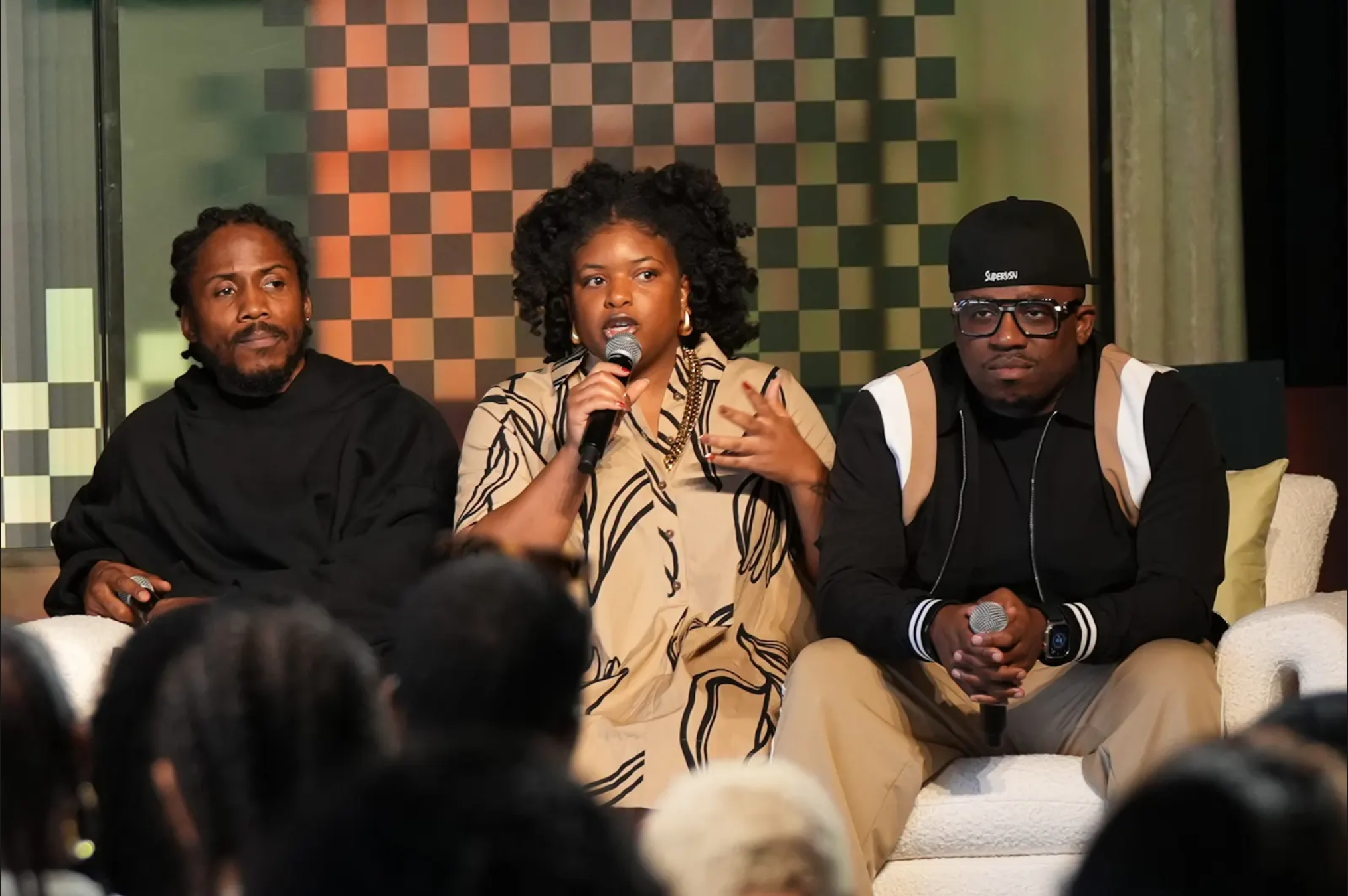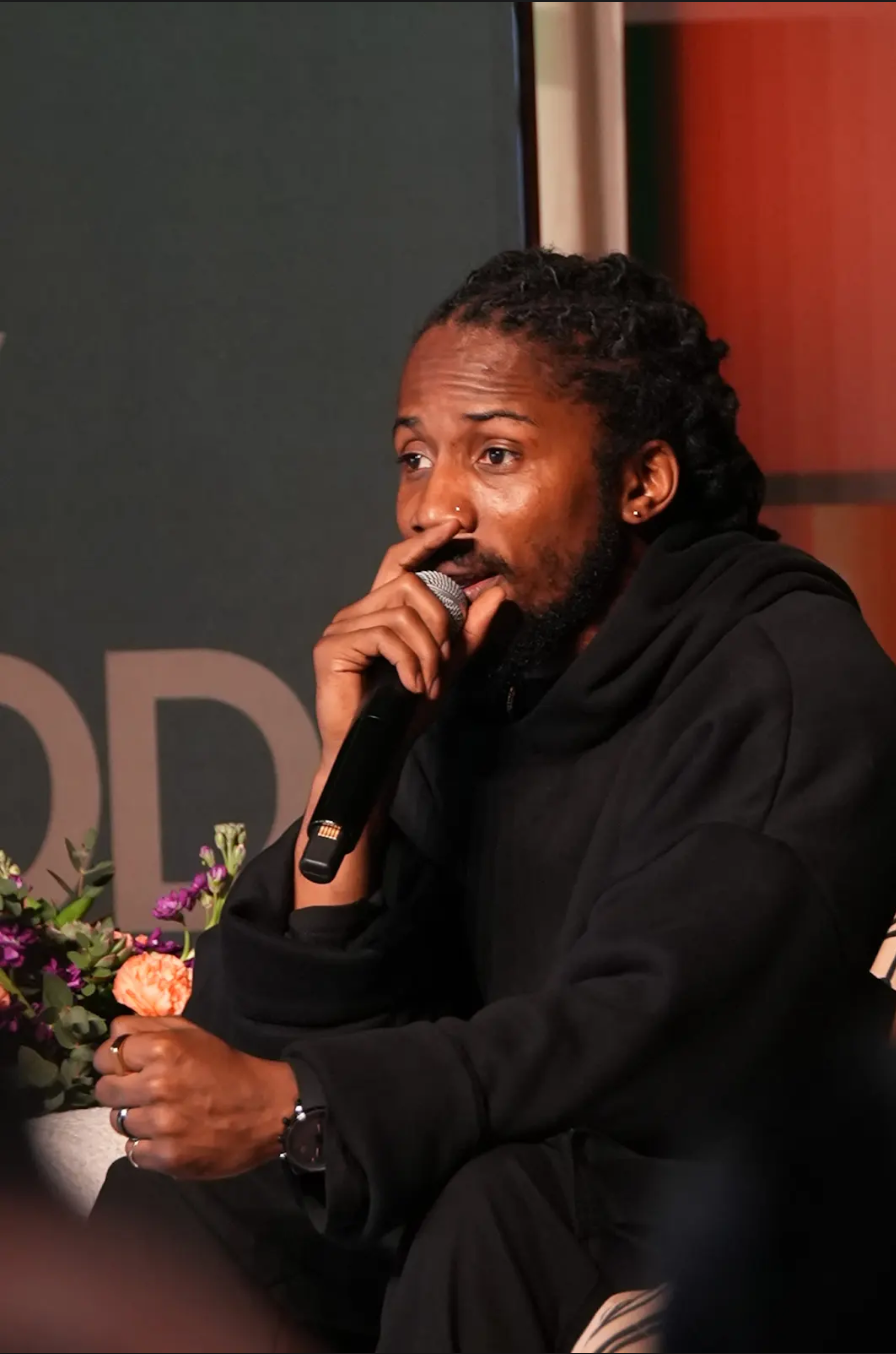
Whether to celebrate a milestone, trace ancestral roots, or simply rejuvenate, travel is an increasingly popular pastime across all genders, family dynamics, and income levels. Over multiple social media platforms, we are privy to accounts that share inspiring destinations, bucket-list activities, and food reviews that make you want to book a flight.
But have you ever considered how being a frequent or a marginalized traveler can negatively affect your wellness and mental health?
July is Minority Mental Health Awareness Month. Mental health is defined as our emotional, psychological, and social well-being. It affects how we think, feel, and act, and helps determine how we handle stress, relate to others, and make choices. Everyday situations can impact our mental health both negatively and positively. Travel is a therapeutic outlet for many because it is a way to forego day-to-day routines and responsibilities temporarily. However, as Black travelers, many of us are familiar with experiencing racism, discrimination (and sometimes violence) domestically and abroad while navigating state travel advisories or being in predominantly white spaces; all of which can negatively impact our mental health.
In any setting, our experiences are different than our white counterparts. It will also be different than other people of color. It would be naive to pretend there isn’t a lack of diversity in destinations, which can make Black travelers apprehensive to visit a new city. That’s not to say we should not explore these places, but we should do so with a devised plan of action to protect ourselves, our peace, and our mental health by considering what obstacles we may face when traveling. Here are some actionable tips if you are planning to visit less-than-diverse destinations as a Black woman.
Establish a mental safety plan.
Although we may be traveling as a respite, the truth is, whatever mental health illnesses and disorders we are dealing with at home are likely to come with us too and can be magnified in new cities as we may not have access to our normal mental health “toolkit.” Do you have enough of any prescribed medications to last the entire trip? Does someone traveling with you know how to respond to a mental health crisis or who to contact on your behalf in an emergency? Will your insurance cover services in that area? Is there access to things/activities that helps you recenter? Consider your potential triggers, create a game plan, and share it with someone. If you can, check in with your therapist or psychologist before traveling to assist in this as well. Your safety plan should also include a plan of action should you arrive and feel uncomfortable due to a lack of diversity. Will you have the financial means to leave early or pivot your itinerary? What is the cancellation policy for pre-paid excursions or hotel stays?
Pack comfort items.
Being in an unfamiliar place can cause some travel anxiety. In a city where you are not surrounded by a reflection of yourself, anxiety can increase. Take along those things from home that bring you comfort and reassurance.
Research places that welcome us.
One of the best ways to have peace when traveling as a person of color is to go where you are welcomed. Does this area have a history of hate crimes or a strong presence of hate groups? How have other people who look like you reported being treated there? Even in less diverse places, you can likely still find a Black community to connect with during your travels. Utilizing local social media groups and forums can help make this connection. If there is anxiety about traveling in general, use these platforms to familiarize yourself with the planned stops on your itinerary ahead of time.
Know the law.
Familiarize yourself with the laws of a city, especially for international travel. Can you bring safety devices? Are you permitted to carry a registered weapon? What are the regulations on public affection for same-sex couples in religious areas? This tidbit of information can reduce any interaction with law enforcement and prevent the onset of mental health issues such as anxiety. It’s also worth registering your international trips with the Smart Traveler program, which can be a source of support in any kind of foreign emergency.
Schedule Rest.
This may seem counterproductive for a vacation, but being the only or one of the only Black people in any setting can leave you mentally and emotionally jaded. Allow yourself the time to recuperate after activities by engaging in self-care.
Patron Black Spaces.
Wherever I am, my goal is to support a Black-owned establishment by visiting a local restaurant, store, or event. Being around kinfolk is revitalizing.
Write It Out.
Although it’s not a traditional therapy session, setting aside time to write down my feelings keeps me balanced.
Stay Vigilant.
I constantly access my surroundings for safety, especially as a solo traveler. Knowing when to leave a facility (or conversation) is critical. The number one focus of any trip is to return home safely.











